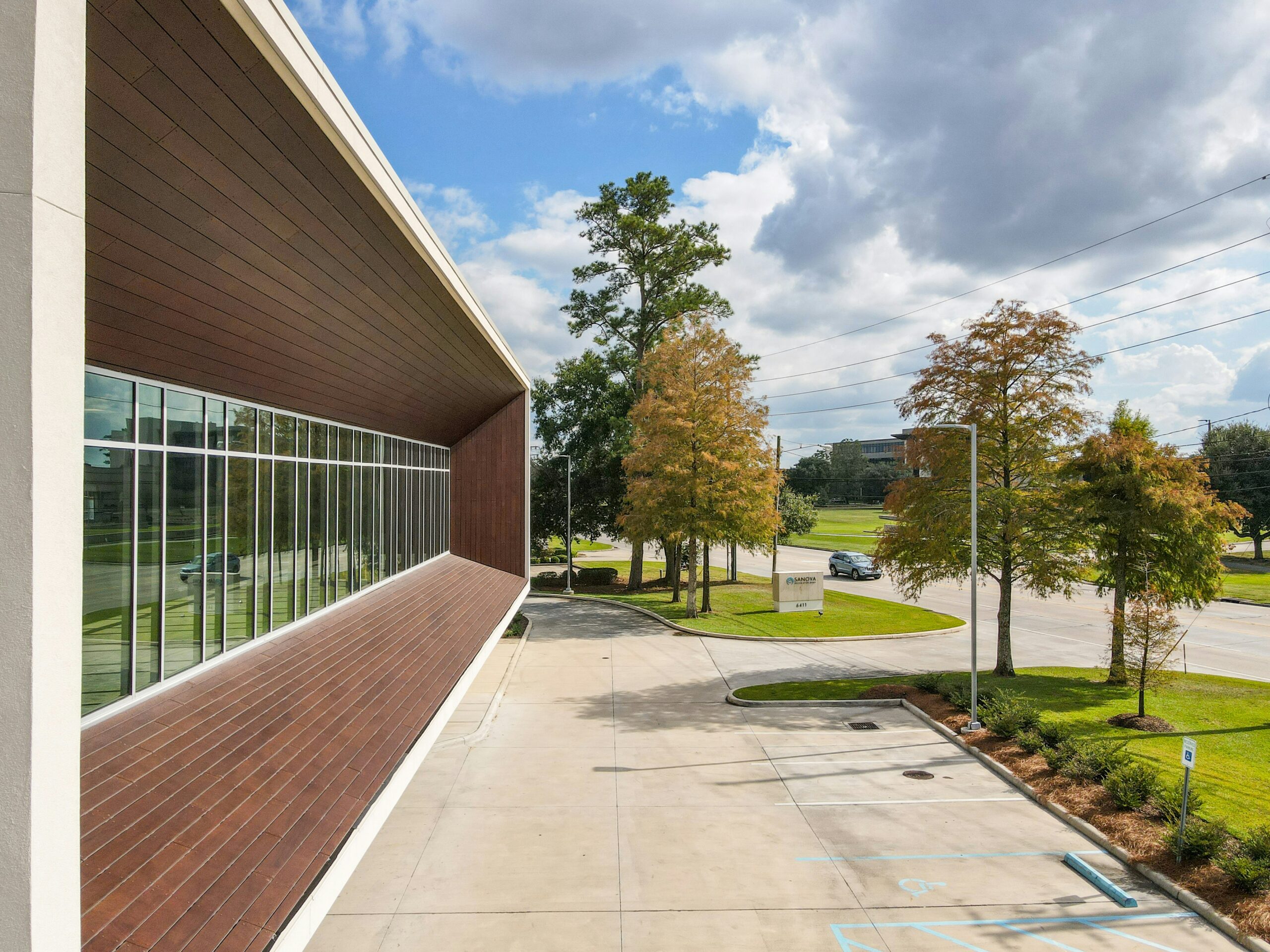States and local governments use zoning to determine how various parcels of land are developed. Each zone has specific rules and regulations that municipalities implement to create a desirable layout for their community.
For instance, zoning laws would ensure that a developer couldn’t build a large factory in the middle of a residential neighborhood. Consequently, when done well, the process aids significantly in strong property values.
Changing a parcel’s zoning is possible; however, it’s a long and challenging process that requires proving to the public that the new zoning is beneficial. Therefore, prior to purchasing any piece of real estate, it’s essential to understand any restrictions on its future use.
Types of Zoning
Here are the five most common zones to consider as an investor or developer:
- Commercial: Commercial zoning is reserved for businesses. Office buildings, retail spaces, and restaurants would all require commercial-zoned property.
- Residential: Residential zoning determines the type and density of housing in a given neighborhood. Some zoning only allows for single-family residences, while others may include multifamily developments.
- Industrial: Industrial zones include facilities like factories and warehouses. These developments are often further from the city center, where noise, pollution, and other environmental factors are less of a concern.
- Agricultural: Agricultural zoning reserves specific parcels for farming-related activities. Various subcategories determine the types of animals and crops allowed on each property.
- Mixed-Use: Mixed-use zones continue to gain popularity and often combine commercial and residential spaces. Building a handful of restaurants and stores within a neighborhood is an excellent example of mixed-use zoning.
Commercial Zoning
Commercial zoning guidelines determine how large a building can be compared to the property size (floor area ratio and lot coverage), how much parking needs to be onsite (parking ratio), and general safety features like the number of exits and fire escapes. A property’s zone also dictates other factors, such as building height, architectural features, and noise levels.
Zoning laws dramatically impact a property’s use and development, so knowing the details is crucial before investing. If you have any zoning questions or commercial real estate needs, please contact Steve Longenecker and Northern Colorado Commercial Real Estate at WeBrokerCORealEstate or 720-600-9513.
We give out $250 gift cards for referrals that become our real estate clients.
Like, Share & Follow us on LinkedIn and Facebook.
#longmontcommercialrealestate #commercialrealestatebroker #northerncocommercialrealestate


